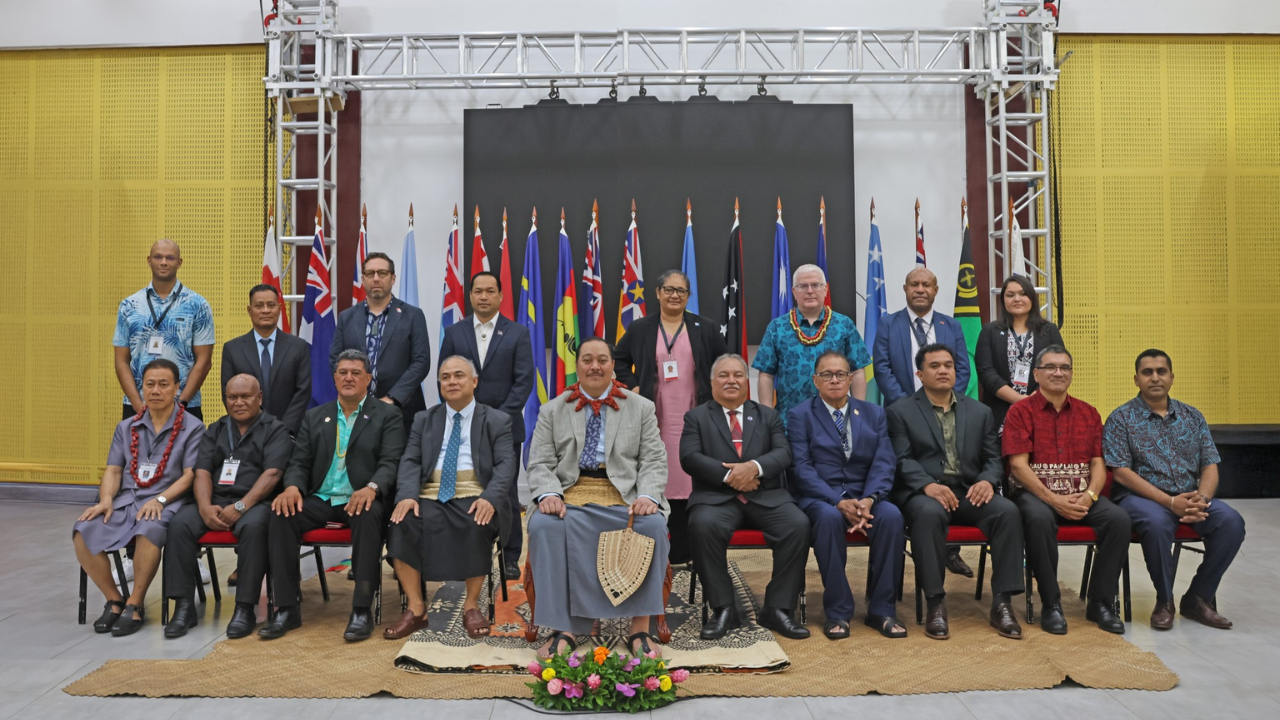by Martin Haffner Associate Editor
In recent months, Fiji’s government has initiated moves to amend the 2013 Constitution, which has sparked widespread debate and concern among citizens, political analysts, and international observers. Critics argue that the proposed changes threaten to undermine democratic governance and could pave the way for what some are calling the “legalisation of dictatorship.” This article explores the motivations behind the government’s push for constitutional reform and the implications for Fiji’s democracy.
Background
Fiji’s 2013 Constitution, which was enacted after years of political turmoil and coups, was designed to promote national unity, strengthen democratic institutions, and ensure human rights protections. Under the leadership of Prime Minister Frank Bainimarama, who first came to power in a military coup in 2006, the constitution aimed to establish a framework for a more participatory governance model and diminish ethnic divisions that have historically plagued the nation.
However, recent political dynamics and the government’s desires for greater authority have led to renewed calls for constitutional amendments. The ruling FijiFirst party argues that changes are necessary to address perceived inefficiencies and to enhance governance. Nonetheless, opponents believe the government’s actions may stem from a desire to consolidate power and diminish democratic checks and balances.
Key Motivations for Constitutional Reform
- Consolidation of Power: Critics of the government assert that the proposed amendments seem oriented toward reducing the separation of powers among the executive, legislative, and judicial branches. By altering constitutional provisions that support institutional independence, the government could strengthen its hold over various state mechanisms.
- Control Over Judicial Review: Proposed changes may seek to limit the authority of the judiciary in reviewing government actions, raising concerns about the erosion of judicial independence. This could allow the executive branch to bypass accountability measures and make decisions without sufficient oversight.
- Political Manipulation: Given the upcoming elections, there is speculation that constitutional changes could be aimed at consolidating electoral advantages for the FijiFirst party. By modifying electoral laws or procedures, the government could increase its chances of retaining power in a competitive political landscape.
- Public Discontent and Control of Dissent: The government has been grappling with rising public dissatisfaction, particularly in response to issues like economic challenges and political repression. Some analysts argue that altering the constitution may be a strategy to stifle dissent and limit the scope for opposition parties to challenge the government effectively.
- National Security Concerns: The Bainimarama government often cites national security as a rationale for its policies and governance style. Changes to the constitution may bolster this narrative, granting the government broader powers under the guise of maintaining stability, particularly in the wake of challenges such as climate change and economic pressures.
Implications for Democracy
The proposed changes to Fiji’s 2013 Constitution have raised alarms about the potential for democratic backsliding. Many citizens and civil society groups fear that modifying the constitution could lead to:
- Erosion of Human Rights: Alterations that limit judicial oversight or constrain civil liberties may weaken protections for individual rights and freedoms, setting a precedent for increased authoritarianism.
- Diminished Political Pluralism: If electoral laws are manipulated to favor the ruling party, the democratic process could be distorted, diminishing the prospects for meaningful political competition and representation.
- Weakened Institutional Resilience: Strengthening the executive branch at the expense of other institutions risks creating an environment where checks and balances are diminished, increasing the likelihood of arbitrary governance.
As Fiji grapples with its political identity and institutions, the path forward will require careful navigation to balance stability and democratic integrity. The debate surrounding constitutional reform is poised to shape the future of Fijian politics and governance for years to come.



